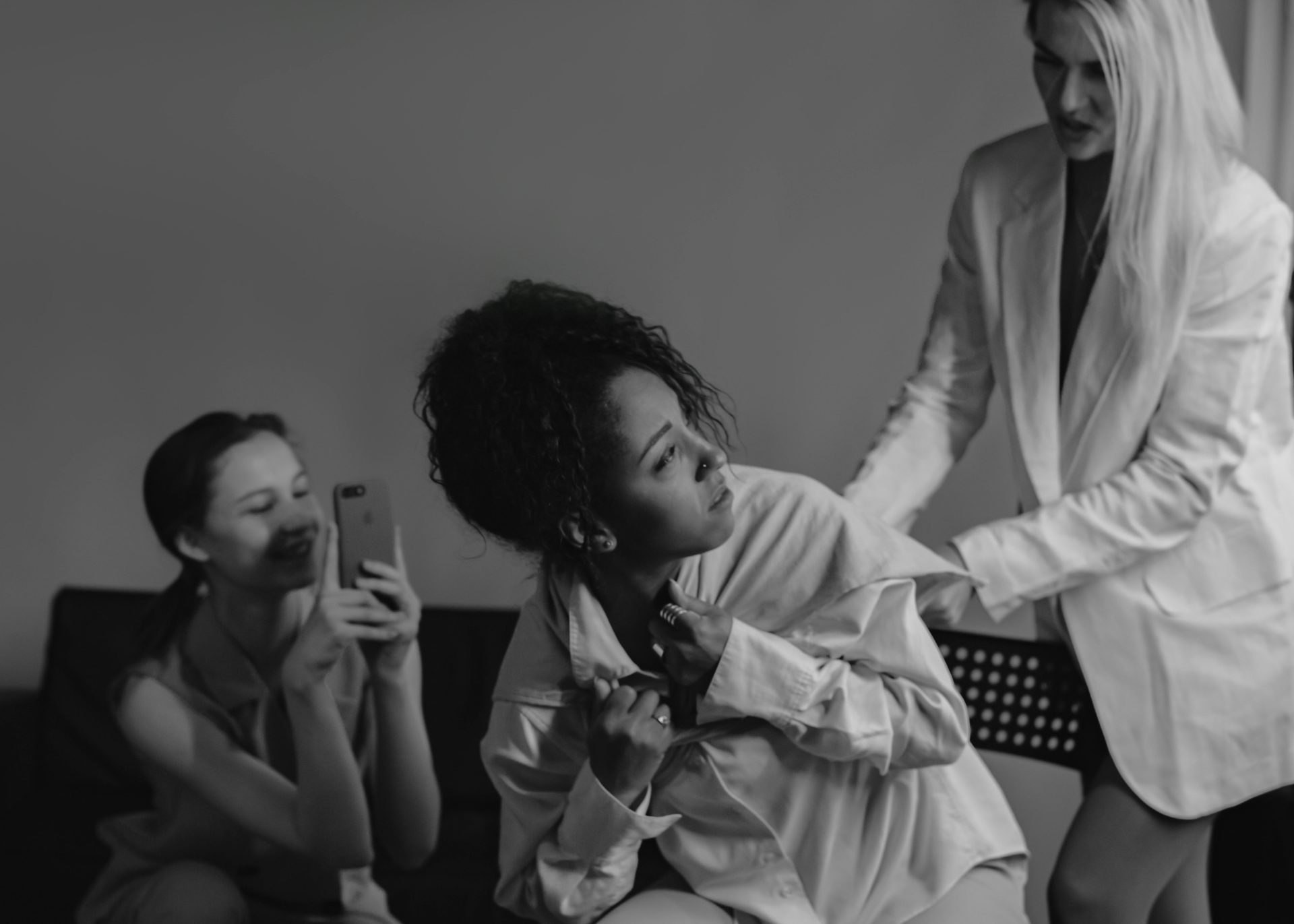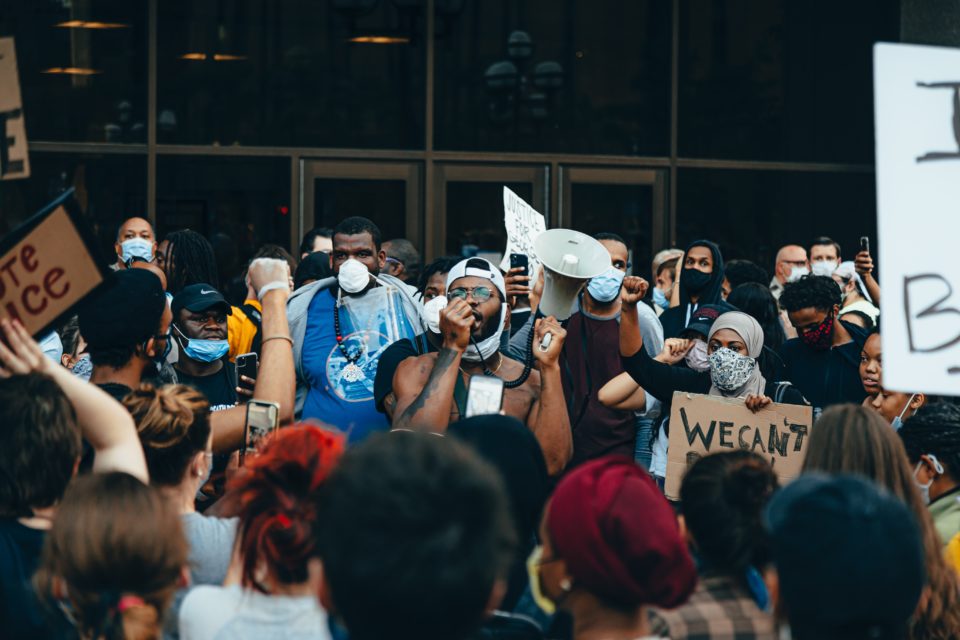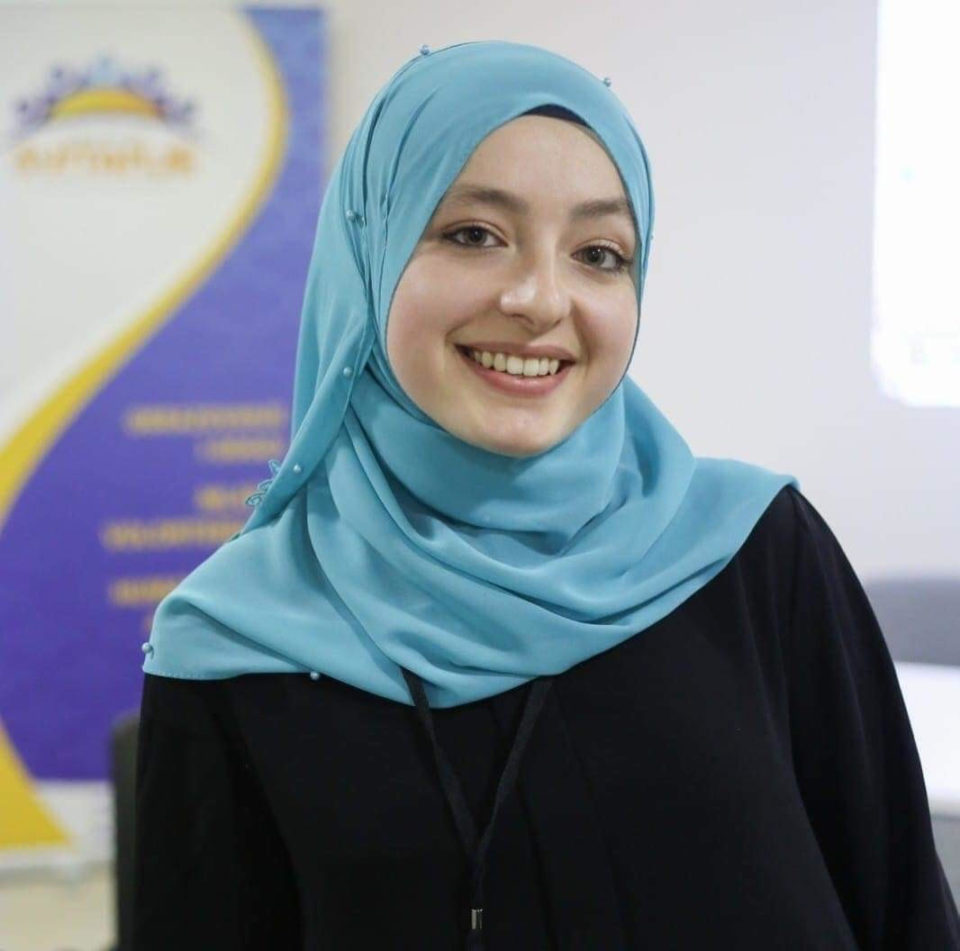
Arabella Lakić is a business economy student and young entrepreneur from Breza, near Sarajevo, who has managed to overcome discrimination due to her weight.
Psychologists warn that appearance-based discrimination usually starts in early childhood but add that encouraging proper social values offers a promising solution.
“When you’re a teenager and still developing yourself as a person, every negative comment affects your self-confidence and habits,” Arabella reflected, adding that while she wouldn’t say that she experienced severe bullying, certain remarks led her to become shyer and more withdrawn.
Psychologist Ajla Gljiva-Cikotić explains that appearance-based discrimination “starts at a young age, causing children, and later adults, to grow silent and suppress their emotions.”
“It’s important to understand that a five-year-old child doesn’t learn to treat others badly on their own, but from the environment, usually the parents,” said Gljiva-Cikotić.
The Law on the Prohibition of Discrimination defines discrimination as “any differential treatment, including exclusion, limitation, and favoritism, on real or assumed grounds,” directed towards individuals or groups on the basis of “race, skin color, language, religion, ethnicity, disability, age, national or social origin, national minority affiliation, political or other belief, property status, trade union membership, sexual characteristics, or any other circumstance,” which intentionally or unintentionally hinders the equal exercise of their rights and freedoms in any aspect of life.

Arabella describes her experiences of discrimination and rejection based on her physical appearance as painful. “In elementary school, I was in a situation where a modeling agency visited us, and they wanted to hold modeling classes for children. It seemed great to me, and I wanted to sign up and learn something new.” However, she said that the judgmental looks and remarks she received afterwards were enough to extinguish her desire to pursue this new experience.
She believes that education starts at home but acknowledges the difficulty of explaining to children starting school it is wrong to judge people on the basis of religion, economic status, appearance, or similar grounds. Thus, she emphasizes the need for a greater focus on these topics in schools, which could be achieved with workshops, exercises, or even introducing a specialized course to prepare students for encountering these issues in the real world.

According to Gljiva-Cikotić, a universal and effective rule is that every change begins at the individual level. “The first stage in combatting discrimination should be in the family, which can be supported by psychological workshops in schools. On the other hand, the media can also play a significant role. As the most effective means of modern communication, they can make helpful contributions,” said Gljiva-Cikotić, emphasizing the need to reflect on and adopt proper social values.
In coping with appearance-based discrimination, Arabella’s strategy is to remain focused on her desires and dreams. “When I started high school, I joined a national association of high school students, which really helped me in finding myself. I went to camps, various seminars, and workshops where I met open-minded, unprejudiced people around whom you can be your true self,” said Arabella.
Her advice to everyone facing discrimination on any grounds is to pursue their dreams, and to make this pursuit their main priority in life.
“Everything they’re going through right now will be behind them one day, and it will help them grow into better people, for themselves and the community,” Arabella concluded.






